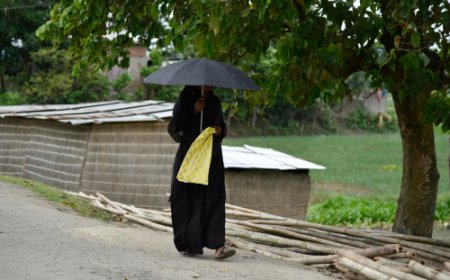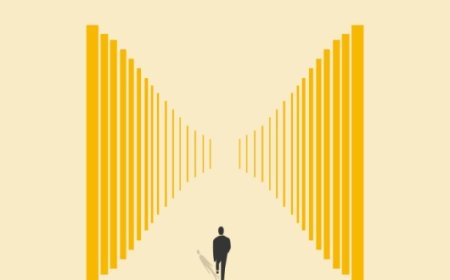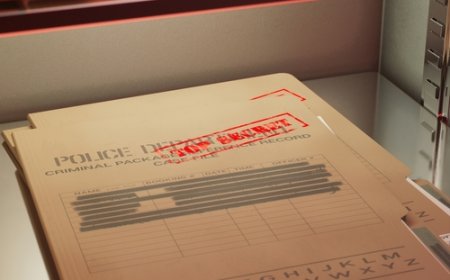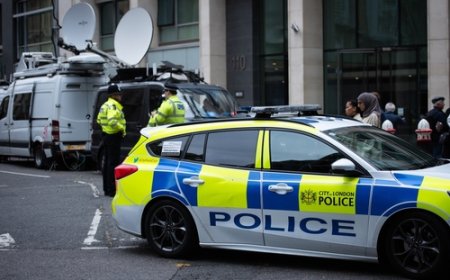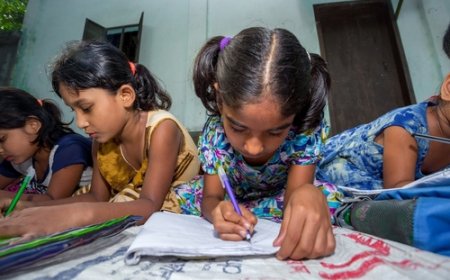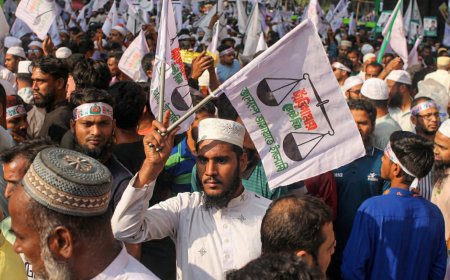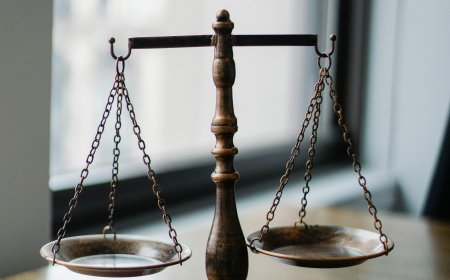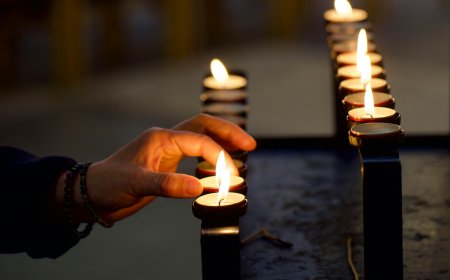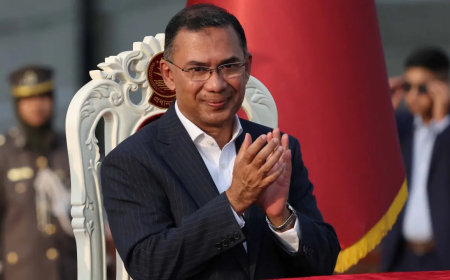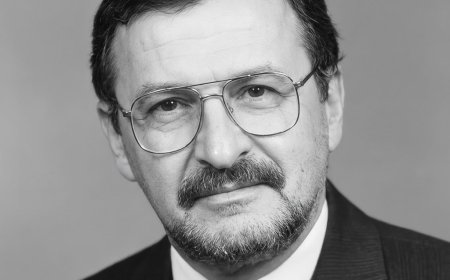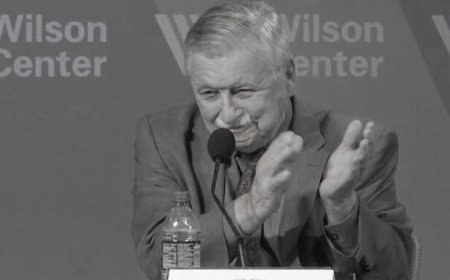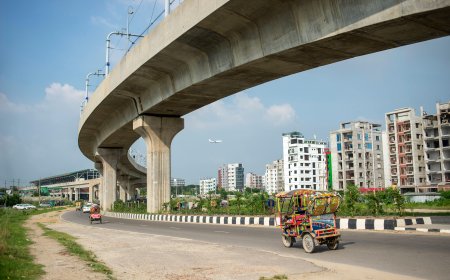Landmark Verdict Ushers in a New Dawn
This verdict of the International Crimes Tribunal is not merely the conclusion of one case; it is the beginning of the journey toward a new Bangladesh -- a Bangladesh that will be founded on justice, human rights, and the rule of law.
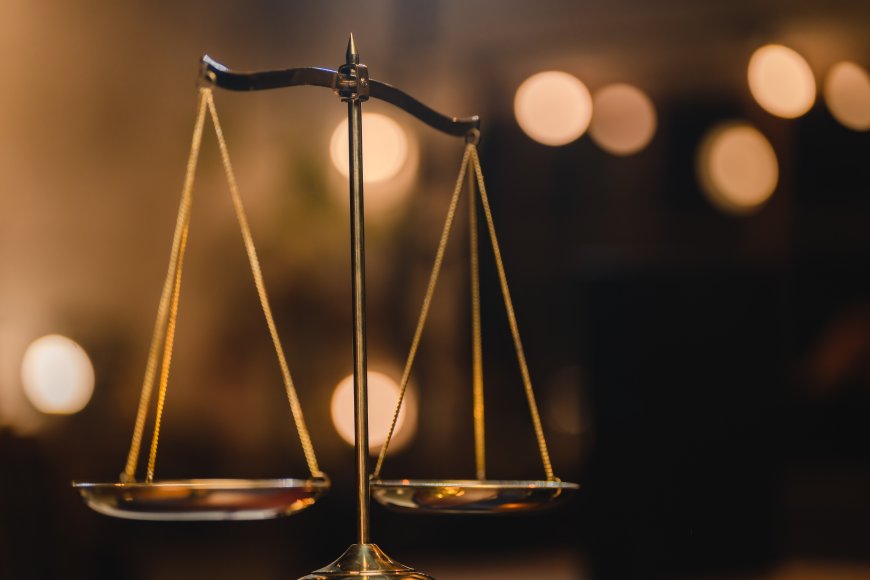
The International Crimes Tribunal has delivered its verdict in the case of crimes against humanity against Sheikh Hasina. This verdict is not merely a legal decision; it is a historic moment for Bangladesh.
By completing this trial, a new possibility has been created for the establishment of human rights in Bangladesh. Compared to the trials held in the past at the previous crimes tribunal, this trial has been far better -- especially in terms of evidence.
In this trial process, all the evidence that emerged -- such as Sheikh Hasina’s direct phone conversations -- was thoroughly examined and submitted to the court. Additionally, there was a state witness who was able to directly describe exactly how the events took place.
At the same time, an institution like the United Nations conducted an independent investigation and stated that the decisions to launch lethal attacks on the protesters were taken at the highest level.
Even Al Jazeera and other international media outlets have said the same after their own investigations.
Most importantly, the events took place in front of everyone’s eyes. Everyone saw that she was holding meetings at Ganabhaban, where her hand-picked journalists, businessmen, and intellectuals went, and enthusiastically urged her to suppress the movement with full force.
Towards the end of last month, Hasina gave interviews to three international media outlets. In those interviews, she said that it was her constitutional duty to suppress the July-August movement so harshly. Thus, she has indirectly admitted herself that she committed crimes in the suppression campaign.
When Hasina says it was her constitutional duty, it means she is accepting a kind of responsibility -- that she is accountable for these actions, that she carried them out in this manner.
Then there are the video and audio recordings, as well as the UN report. It does not seem that any previous trial at Bangladesh’s ICT had such a volume of acceptable evidence. Therefore, this feels like a trial of genuine international standard.
Last year we went through a profound, heart-wrenching, and excruciatingly painful period in Bangladesh. Right before our eyes, this young generation -- children playing on rooftops, children playing on balconies, children in their mothers’ laps -- were shot and killed. Thousands of young men and women were crippled, people’s eyesight was deliberately destroyed. In just twenty days of July andAugust, so many people were murdered in this way.
Unless those responsible for this pain and these wounds are held accountable, this deep trauma will not be removed from society. Justice is essential for that accountability. After the verdict was delivered, the families of the martyrs and the injured were weeping -- only those who have gone through this deep pain can truly understand it. For our society and our politics to move forward properly, establishing this accountability was necessary. That is why I consider this verdict -- the completion of its first step -- truly epoch-making.
Another very important aspect is that the kind of autocracy that rose in our country, and all these crimes -- which are not limited to just these few days but have been going on for the past decade and a half (such as Aynaghar secret detention, enforced disappearances, crossfire killings) -- can no longer continue. This verdict is crucial to ensure that in the future no one can ever take Bangladesh to that level again. It will serve as a precedent.
Now the question is: how can the government proceed to bring Hasina back? The government can now negotiate with India using this verdict and, if necessary, try to persuade India through other friendly countries as well. Bangladesh has a prisoner-exchange agreement with India, so a legal process exists. However, if India does not honour that legal process, we will have to see whether there is any way to compel them.
This verdict of the International Crimes Tribunal is not merely the conclusion of one case; it is the beginning of the journey toward a new Bangladesh -- a Bangladesh that will be founded on justice, human rights, and the rule of law.
In light of this verdict, the people of Bangladesh can now think about the possibility of a beautiful and safe future.
Dr. Sharif Bhuiyan is a Senior Advocate, Supreme Court of Bangladesh & Member, Constitution Reform Commission.
What's Your Reaction?













